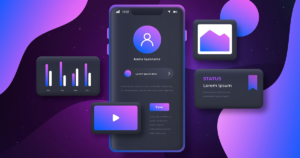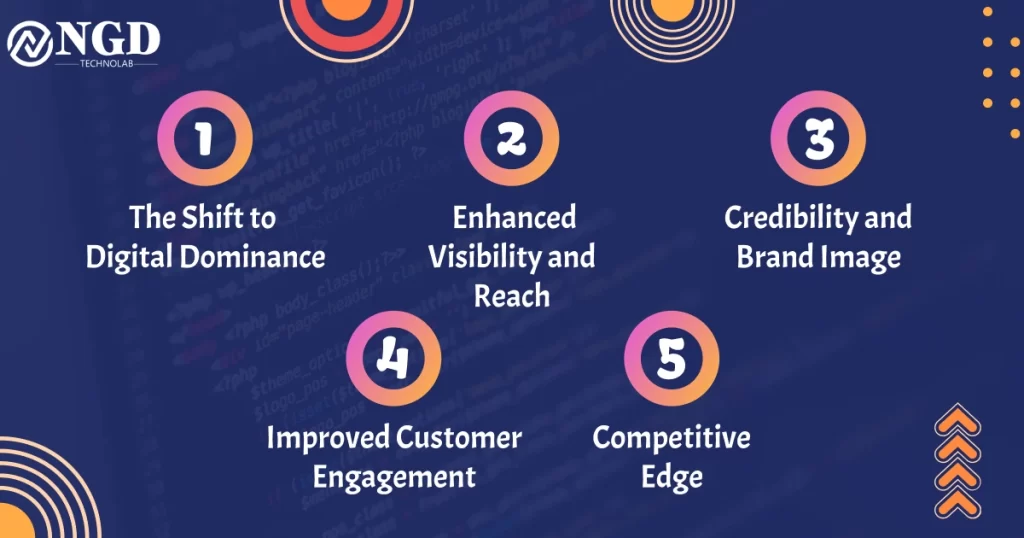How to Use Beta Testers in Mobile App Development
-
Harshid Patel

Welcome to the dynamic world of mobile app development, where innovation is a constant, and user experience is paramount. In this comprehensive guide, we’ll delve into the crucial role of beta testers in the app development process. From understanding the significance of beta testing to implementing strategies for effective collaboration, this article aims to equip you with the insights needed to harness the power of beta testers and refine your mobile app before its official launch.
The Significance of Beta Testing
Before we dive into the intricacies of beta testing, let’s grasp why it is an integral phase in mobile app development. Beta testing provides developers with real-world insights into how users interact with their apps, allowing for critical adjustments and improvements. Synonymous terms such as “user trials,” “pre-release testing,” and “pilot testing” all point to the essential process of gathering user feedback before the official app launch.
Choosing the Right Beta Testers
To ensure effective beta testing, it’s crucial to select beta testers who align with your target audience. This step involves understanding the demographics, preferences, and behaviors of potential users. “User segmentation” and “target audience analysis” are phrases often used interchangeably to describe this critical aspect of beta tester selection.
Creating an Engaging Beta Testing Process
A seamless and intuitive user interface (UI) is paramount for a successful beta testing phase. “User-friendly design” and “intuitive UI” are phrases synonymous with creating an environment where beta testers can navigate effortlessly, providing valuable feedback without unnecessary hurdles.
Implementing Feedback Effectively
During beta testing, fostering open communication channels is key. Synonyms like “feedback loops” and “transparent communication” emphasize the importance of creating an environment where beta testers feel comfortable expressing their opinions and reporting issues.
Beta Testing Tools and Platforms
In the digital era, various tools and platforms facilitate beta testing. Synonyms for “beta testing tools” include “test platforms,” “user feedback software,” and “bug tracking systems.” Exploring these technologies is crucial for streamlining the beta testing process.
Analyzing Beta Test Results
Once beta testing is complete, it’s time to analyze the results. Terms like “data analysis” and “user behavior insights” emphasize the importance of making informed decisions based on the data gathered during the beta testing phase.
Refining Your Mobile App Based on Feedback
Beta testing isn’t a one-time event; it’s an iterative process. Synonyms like “continuous improvement” and “iterative development” highlight the need to refine and enhance your mobile app based on the feedback received from beta testers.
Common Challenges in Beta Testing and How to Overcome Them
Beta testing isn’t without its challenges. Identifying and overcoming obstacles, sometimes referred to as “beta testing hurdles” or “testing roadblocks,” is essential for a smooth and effective testing process.
Success Stories: Realizing the Impact of Beta Testing
Real-world success stories underscore the impact of beta testing. Terms like “testimonials” and “case studies” serve to showcase how beta testing has played a pivotal role in the success of various mobile apps.
The Future of Beta Testing in Mobile App Development
As technology evolves, so does the landscape of beta testing. Exploring “future trends” and “innovations in beta testing” sheds light on what lies ahead for this integral phase of mobile app development.
Conclusion
In conclusion, the strategic incorporation of beta testing into your mobile app development process can be a game-changer. By heeding the lessons and insights shared in this guide, you’re poised to elevate your app’s quality and user satisfaction. Remember, the journey doesn’t end at beta testing; it’s an ongoing commitment to excellence.
Frequently Asked Questions
Beta testing serves to gather real-world user feedback before the official launch, allowing developers to make crucial improvements.
Identifying your target audience and aligning beta testers with user demographics is key to effective tester selection.
Feedback is the cornerstone of beta testing, providing developers with insights to refine and enhance their mobile apps.
Yes, various tools and platforms, such as bug tracking systems and user feedback software, facilitate efficient beta testing.
No, beta testing is an iterative process, with continuous improvement based on user feedback and insights.
Get Free consultation and let us know about your custom web and Mobile App project idea

Over 14+ years of work experience, we have built 210+ web and mobile apps
We can help you with
- Dedicated Developer
- delivering high-quality development
- Custom Mobile App Development
- Innovative Solution For Startups and Enterprise
Get Free consultation and let us know about your custom web and Mobile App project idea

Over 10 years of work experience, we have built 210+ web and mobile apps
We can help you with
- Dedicated Developer
- delivering high-quality development
- Custom Mobile App Development
- Innovative Solution For Startups and Enterprise
Latest Blogs
Explore the Latest Blogs on Trends and Technology.





